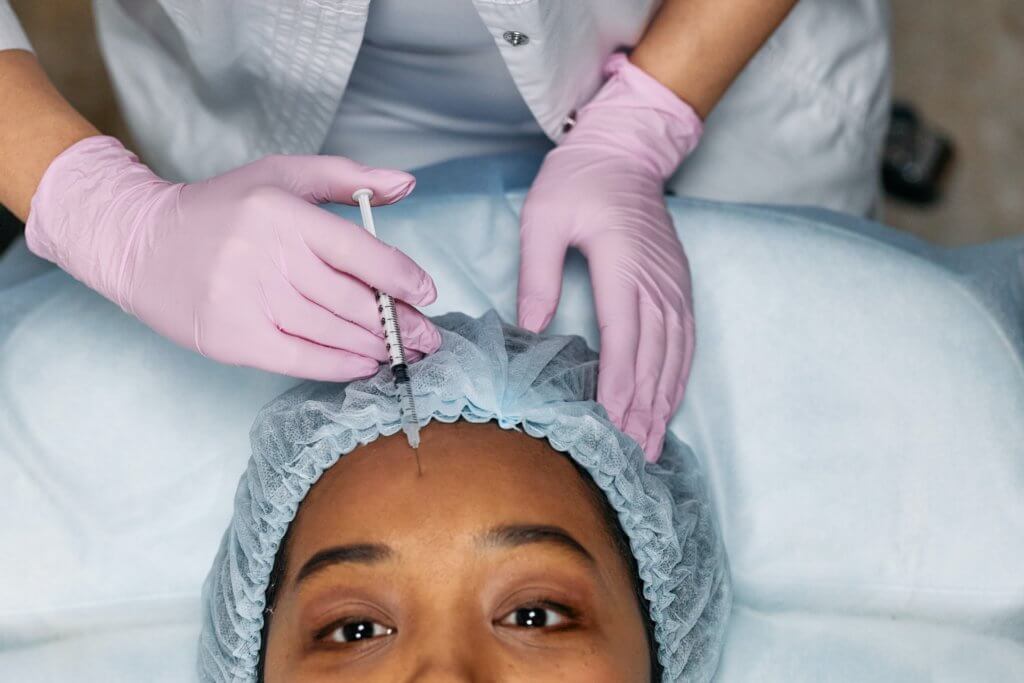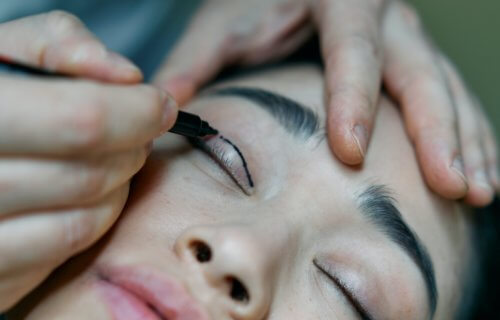ADELAIDE, Australia — The influence of social media on young people’s self-perceptions and mental health has been the subject of many studies. Now, new research out of Australia is connecting regular use of such platforms by young women with a higher likelihood of considering cosmetic surgery. Young women who are often on social media also exhibit a tendency to be “excessively self-judgmental” toward their own appearance.
The new report, which encompassed a total of 238 Australian women between the ages of 18 and 29, also reports that 16 percent of surveyed women had already undergone cosmetic surgery. Moreover, over half (54%) said they would consider cosmetic surgery in the future. Just 31 percent of women said they absolutely would not undergo any surgical cosmetic procedures.
Regarding social media use, the most frequented sites were Facebook (91.18%), Instagram (90.76%) and Facebook Messenger (85.29%). The most preferred social media platforms, though, were Instagram (34.03%) and TikTok (28.15%).
For reference, cosmetic surgery refers to elective procedures that focus on aesthetics, such as lip fillers, as opposed to the broader category of plastic surgeries, which includes a much wider range of both aesthetic and reconstructive surgeries.
Cosmetic surgeries have risen considerably in popularity over the past few decades. In Australia, cosmetic procedures and surgeries nearly doubled, from 117,000 in 2010 to over 225,000 by 2018. Fast forward to today, and close to two million Australians are at least considering undergoing cosmetic surgery over the next 10 years. Meanwhile, in the United States, while around 1.6 million cosmetic surgeries were performed in 1997, that statistic has increased considerably in more recent years with over 5.5 million cosmetic procedures being reported in 2020.

UniSA researcher and PhD candidate Lauren Conboy explains that this work highlights the profound and concerning influence of social networking sites on how young women today perceive and judge their bodies and appearances, which of course subsequently impacts attitudes toward cosmetic surgery.
“The prevalence of body dissatisfaction among young women has long been a pervasive issue, with social media promoting unattainable beauty standards,” Conboy says in a media release. “In Australia, young adults are among the greatest users of social networking sites, so their exposure to unrealistic body ideals is high. Not surprisingly, the increase in social media use has been accompanied by an increase in young women having cosmetic surgery.”
“In this study we investigated how self-compassion might alter this relationship so that we can understand what we can do to influence positive psychosocial wellbeing,” Conboy continues. “Self-compassion is about accepting flaws with neutrality. When we have positive self-compassion, we are kinder and more understanding towards ourselves; but when we have negative self-compassion we tend to overestimate and criticize our flaws.”
“Our study found that cosmetic procedures were well accepted among young women, and that a higher use of social media correlated with a higher acceptance of cosmetic surgery. Specifically, we found that young women who over-identify with personal attributes that they believe are not attractive, are more likely to feel bad about themselves and despite recognizing this, can’t seem to break away from these negative thoughts. Over-identification was the most important predictor of positive attitudes towards cosmetic surgery.”
Co-researcher Dr. John Mingoia adds that more must be done to help young women avoid the unrealistic and potentially harmful body images so often portrayed on social media.
“Social networking sites are clearly a pervasive mode of comparison and body dissatisfaction for young women; however, due to their extreme popularity, they present an opportune platform to disseminate messages that may counter potentially harmful appearance-related content,” Dr. Mingoia explains.
“Research tells us that even after women get a cosmetic procedure, less than 40% are satisfied with their bodies post-surgery,” Mingoia concludes. “Clinicians need to test and confirm the psychosocial safety of young women who are possibly influenced my media representations of beauty, before they go ‘under the knife’. If young women continue to access cosmetic surgery without addressing underlying self-compassion concerns, they may never feel content in their own body.”
The study is published in the Journal of Technology in Behavioral Science.
You might also be interested in:
- Emotional block? Botox injections alter brain activity and could damage relationships
- Being happy with your body linked to higher life satisfaction
- Demand for plastic surgery skyrocketing as Americans upgrade their post-pandemic looks

